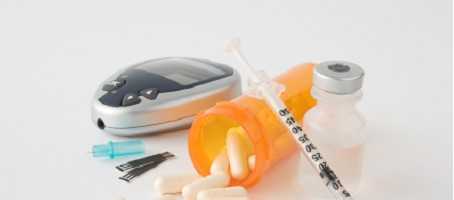Researchers from Tel Aviv University in Israel studied the effects of pre-breakfast whey protein in 15 participants with well controlled type 2 diabetes. The participants chosen were those on a diet only regimen or taking only metformin and/or sulphonylureas.
The 15 study participants were randomly assigned to have a different drink before their breakfast on two different days. On one day they drank 50g of whey protein in 250 ml of water and on the other day a placebo drink of 250 ml of water. Breakfast was the same on each day, a high-glycaemic index breakfast which would normally raise blood sugar levels rapidly. The researchers reviewed blood glucose levels and levels of the hormones insulin, c-peptide and glucagon-like peptide-1 (GLP-1) over 3 hours following breakfast.
The results showed significant evidence that a whey protein drink may help the body’s metabolism following a high-glycaemic meal. When the participants had whey protein before their breakfast, they experienced 28% reduction in blood glucose levels, compared with the placebo results, over the course of the 3 hour post-breakfast period. Average peak blood glucose 60 minute after breakfast was around 11 mmol/l on the whey protein day and was around 16 mmol/l on the placebo (water) day.
In addition, the results demonstrated increased levels of insulin (105% higher), c-peptide (43% higher) and total GLP-1 (141% higher) when the whey protein before breakfast. The researchers note that this resulted in producing an insulin response that is similar, or even higher, than the insulin response brought on by anti-diabetic drugs.
What's new on the forum? ⭐️
Get our free newsletters
Stay up to date with the latest news, research and breakthroughs.





